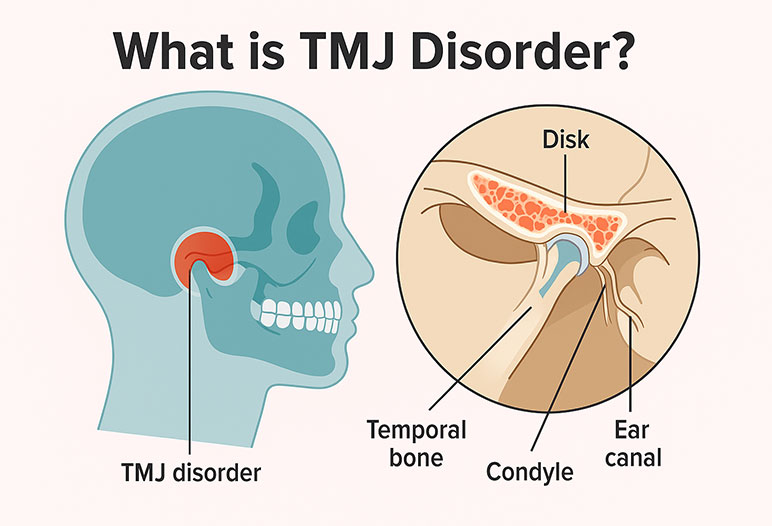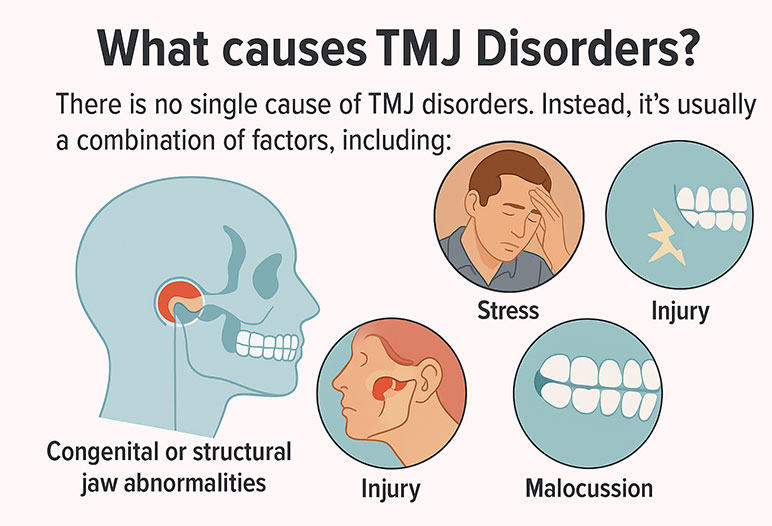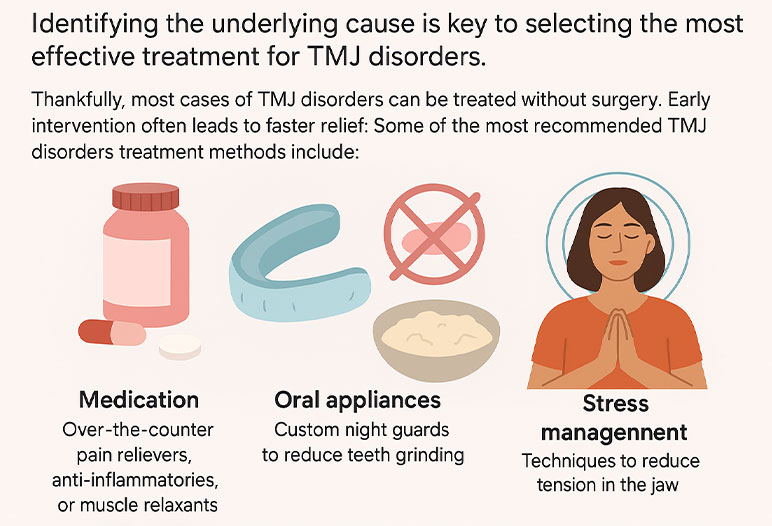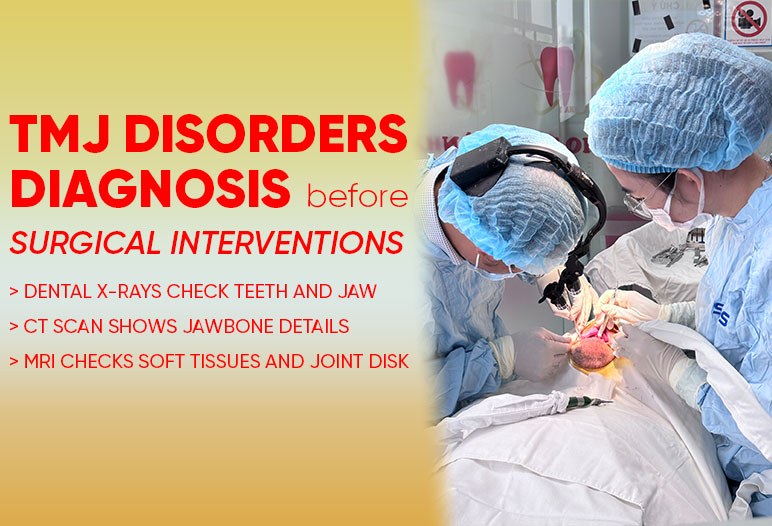If you’ve ever experienced pain in your jaw or heard a clicking sound when chewing, you might be one of many people unknowingly living with TMJ disorders. This common yet often misunderstood condition affects the joint that connects your jawbone to your skull, disrupting everyday activities like eating, speaking, and even sleeping. In this article, we’ll explore what TMJ disorders are, how to identify them, and—most importantly—how to treat them effectively with therapies, exercises, and medical intervention.
What are TMJ Disorders?
TMJ disorders, or temporomandibular joint disorder, refer to a group of conditions that cause dysfunction and pain in the jaw joint and the muscles that control jaw movement. The temporomandibular joint acts as a sliding hinge, enabling you to talk, chew, yawn, and express emotion. When this joint becomes inflamed, misaligned, or stressed, it results in a variety of symptoms that can significantly affect your quality of life.

The symptoms associated with TMJ disorders can vary significantly in severity, ranging from mild discomfort to severe pain that can be incapacitating. Although the specific symptoms may differ among individuals, some of the most frequently reported indicators include:
- Discomfort or pain in the jaw, particularly around the area near the ears.
- Audible clicking, popping, or grinding noises occur when moving the jaw.
- Challenges or pain experienced while chewing food.
- Instances where the jaw joint becomes locked, either in an open or closed position.
- Regular occurrences of headaches or facial pain.
- Muscle tension is felt in the neck or shoulder regions.
If these symptoms continue over time, become more intense, or start to disrupt your daily activities, it is advisable to consult a healthcare professional for further evaluation and treatment.
What causes TMJ Disorders?
There is no single cause of TMJ disorders. Instead, it’s usually a combination of factors, including:
- Bruxism (teeth grinding), often during sleep
- Stress, which can lead to clenched jaws and tense muscles
- Arthritis, especially osteoarthritis or rheumatoid arthritis
- Injury or trauma to the jaw or face
- Malocclusion (misalignment of the teeth or bite)
- Congenital or structural jaw abnormalities

Identifying the underlying cause is key to selecting the most effective treatment for TMJ disorders. Thankfully, most cases of TMJ disorders can be treated without surgery. Early intervention often leads to faster relief. Some of the most recommended TMJ disorders treatment methods include:
- Medication: Over-the-counter pain relievers, anti-inflammatories, or muscle relaxants
- Oral appliances: Custom night guards to reduce teeth grinding
- Lifestyle changes: Avoiding gum, resting the jaw, and choosing soft foods
- Stress management techniques to reduce tension in the jaw
In more severe cases, advanced options like corticosteroid injections or surgical procedures may be considered.

Therapy for TMJ Disorders: Long-term relief through gentle intervention
For a significant number of individuals suffering from TMJ disorders, therapeutic interventions can provide enduring relief from their symptoms. Engaging in physical therapy can aid in regaining the normal functioning of the jaw and alleviating any stiffness that may be present. Several commonly used treatment methods include:
- The application of ultrasound and heat therapy soothes and promotes healing in the affected areas.
- Techniques involving manual manipulation of the jaw to restore mobility and alleviate discomfort.
- Biofeedback practices and relaxation training help manage stress and tension, which can exacerbate TMJ issues.
- Cognitive-behavioral therapy (CBT) is specifically aimed at addressing stress-related problems associated with TMJ.
When these therapies are implemented alongside self-care strategies and ongoing assessment, they have been shown to significantly decrease pain levels and help prevent future occurrences of TMJ disorders.

Engaging in simple exercises at home for TMJ (temporomandibular joint) disorders can effectively enhance your overall treatment strategy. These activities focus on fortifying the muscles surrounding the jaw and improving flexibility in that area. Some examples of these exercises include:
- Jaw stretching: By placing your tongue against the roof of your mouth, you can gradually open and close your jaw in a controlled manner.
- Goldfish exercise: This involves slightly opening your jaw and gently moving it forward and backward.
- Chin tucks and posture adjustment: This technique helps to reposition your head and neck, alleviating stress on the joint.
It is important to execute all these exercises with care, and if you have any doubts, consulting with a physical therapist is advisable.
While many individuals experience positive outcomes from conservative treatment methods, there are cases where surgical options may be necessary. Interventions such as arthrocentesis, arthroscopy, or open-joint surgery are generally reserved for those who have significant structural damage to the joint or ongoing functional issues.
Surgery should be considered only as a final option; however, with thorough assessment and guidance from a specialist, it can provide relief when other treatment avenues do not yield the desired results.
Conclusion
Living with TMJ disorders can be frustrating, but it’s not something you have to suffer through in silence. With a combination of early diagnosis, targeted therapy, and consistent home care, relief is well within reach. If you’re experiencing symptoms or believe you might have TMJ disorders, don’t wait. Consult a dentist or TMJ specialist today to begin a personalized treatment plan and take the first step toward a pain-free life.



SAIGON CENTER DENTAL CLINIC
Best dentist in Vietnam
Our English-speaking team specializes in dental implants, teeth whitening, veneers, fillings, root canals, and pediatric care,... Trusted by locals and expats alike, we are known for being one of the best dentists in Ho Chi Minh City. Book an appointment today!"
SAIGON CENTER DENTAL CLINIC
Best dentist in Vietnam
Our English-speaking team specializes in dental implants, teeth whitening, veneers, fillings, root canals, and pediatric care,... Trusted by locals and expats alike, we are known for being one of the best dentists in Ho Chi Minh City. Book an appointment today!"